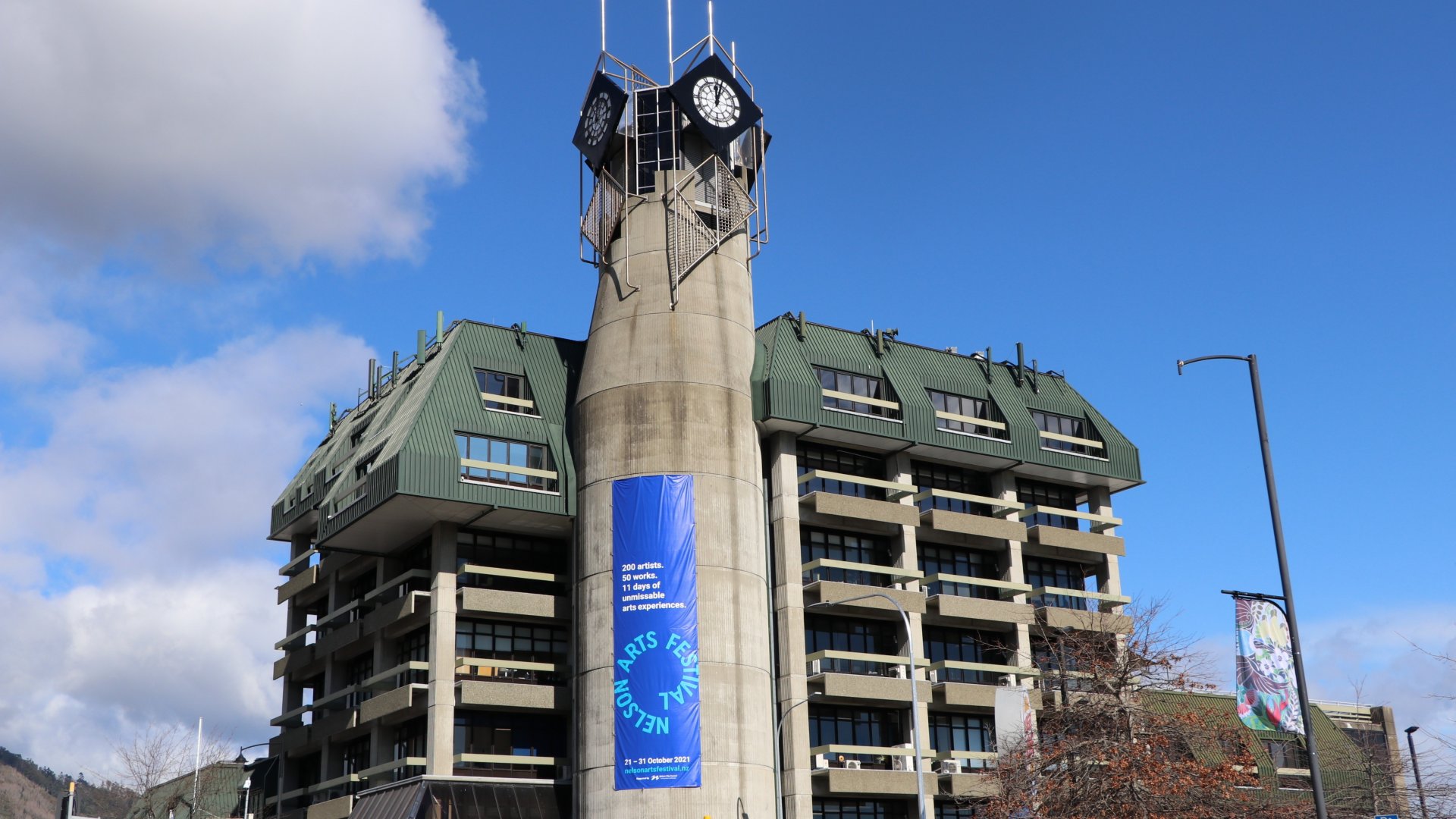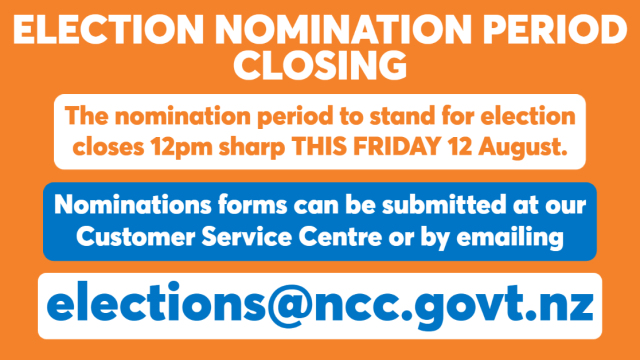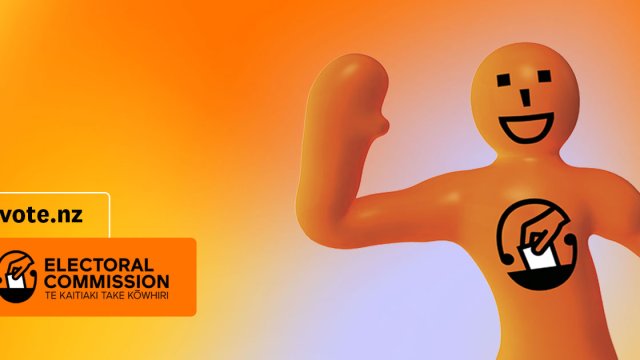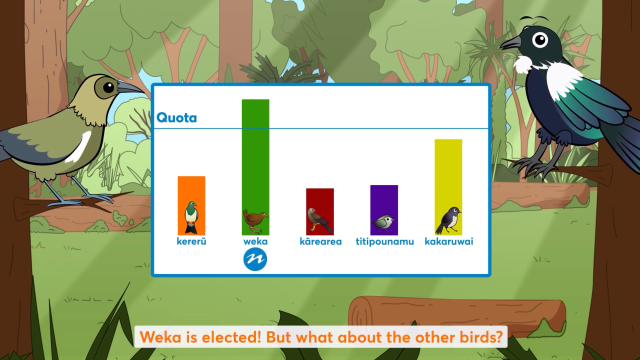Local elections are changing in Nelson – have your say!
14/08/2021 12:31pm
The way Nelson elects councillors will change for the 2022 local elections, after Nelson City Council chose a preferred representation option that introduces wards, at a Council meeting on Thursday, 12 August.
Council was already scheduled to carry out a representation review in 2021, but a decision in May 2021 to create a Māori ward made the review essential.
Councillors voted on a preferred option to segment Nelson into two general wards to be created alongside the Māori Ward. One ward would be for north and central Nelson, including Bishopdale – provisionally called the Central Ward. The other ward would cover Stoke, Tahunanui and Marsden Valley – provisionally called the Stoke-Tahuna Ward.
The boundaries of each ward are outlined in the below map.
The Local Electoral Act 2001 provides a formula for calculating the minimum number of councillors that need to be elected from wards, based on the ratio that determines the number of Māori ward councillors. To maintain that ratio, a minimum of eight councillors need to be elected from the ward system.
Both wards would have four councillors attached to them, with a further three councillors voted for by the whole community (at large). Each ward councillor would represent just over 6,000 constituents. The Māori ward, which currently covers a population of 3,280, would have one councillor. The Mayor is always voted for at large.
The preferred options took into account results from a community survey held between mid-June and mid-July 2021. It sought views on the factors Council must weigh up when forming an initial proposal. The survey received 253 responses.
Nelson Mayor Rachel Reese says the proposal provides a balance between wards and at-large councillors.
“The survey results showed that most respondents preferred a mixed system, where some councillors are elected by ward, and some by the city as a whole regardless of the electoral roll the voter is in.
“I believe this particular mix offers the best of both worlds, with three councillors and the Mayor elected by the entire community. We now want to know whether you support this option. This is a great opportunity to help shape the future of democracy in this city.”
Survey results showed just over half the respondents did not want community boards to be established. Additional comments noted that a community board or boards would add unnecessary layers of cost and bureaucracy to Council.
“One of the most common responses we received was to see more diversity on Council,” said Mayor Reese. “The Māori ward goes some way to supporting that, as does our change to the Single Transferable Vote system (STV).”
Council voted to move to the STV system in August 2020. Council will provide Nelsonians with guides to the new system in 2022, ahead of the local elections.
Persons with an interest in the proposed representation arrangements are invited to make written submissions on the Council’s representation proposal. Please let us know in your feedback if you wish to speak to your views at a hearing of Council.
Submissions can be made online on the Shape Nelson website, by email to elections@ncc.govt.nz, by mail to Devorah Nicuarta-Smith, Nelson City Council, PO Box 645, 7040 or by calling our Customer Service Centre on 03 546 0200.
Submissions must be received by Council no later than Friday 17 September 2021.
For more information, please contact Devorah Nícuarta-Smith: 03 546 0391 or devorah.nicuartasmith@ncc.govt.nz




